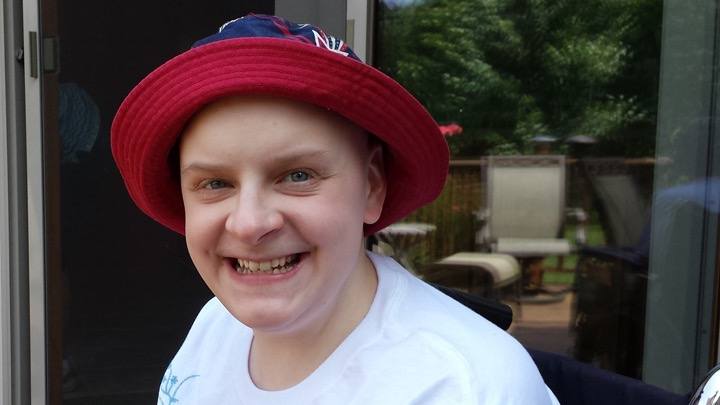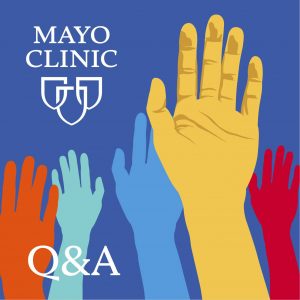
Ashley Evenson lived with a lifelong illness known as Cockayne syndrome that prematurely aged her. Ashley lived with her disease for 32 years before passing away in 2019.
Ashley received palliative and hospice care over the course of her life, and Ashley's mom, Lynn Evenson, wants people to know about the benefits of hospice care.
"To keep Ashley’s memory alive, I want to tell her story," says Evenson. "And I want to make it open to people to understand and learn what hospice is really about and how it can make a big difference — not just for the patient but for the caregiver, as well."
People are often confused about the difference between palliative care and hospice care. Palliative care is for anyone who has been diagnosed with a chronic illness. When a cure is not possible, a shift to hospice care can offer supportive measures for the patient and the family.
And an early referral to hospice can help everyone involved.
"Hospice can provide so much care and comfort in all aspects of the end of life experience for both the patient and the family, says Jennifer Larson LaRue, a Mayo Clinic psychotherapist. "So it helps that very difficult, painful time go more smoothly, I think."
November is National Hospice and Palliative Care Month, a time to recognize the important work these programs do to help patients and their families when a cure is not possible.
On the Mayo Clinic Q&A podcast, Larson LaRue joins Evenson, who shares her family's journey through illness and their wish to help educate others about the advantages of hospice care.
Watch: The important role of hospice care.
_____________________________
For the safety of its patients, staff and visitors, Mayo Clinic has strict masking policies in place. Anyone shown without a mask was recorded prior to COVID-19 or recorded in an area not designated for patient care, where social distancing and other safety protocols were followed.
Information in this post was accurate at the time of its posting. Due to the fluid nature of the COVID-19 pandemic, scientific understanding, along with guidelines and recommendations, may have changed since the original publication date.
For more information and all your COVID-19 coverage, go to the Mayo Clinic News Network and mayoclinic.org.

Related Articles







